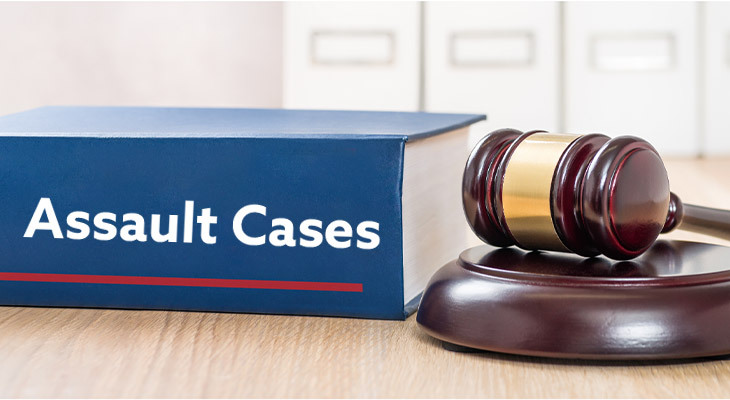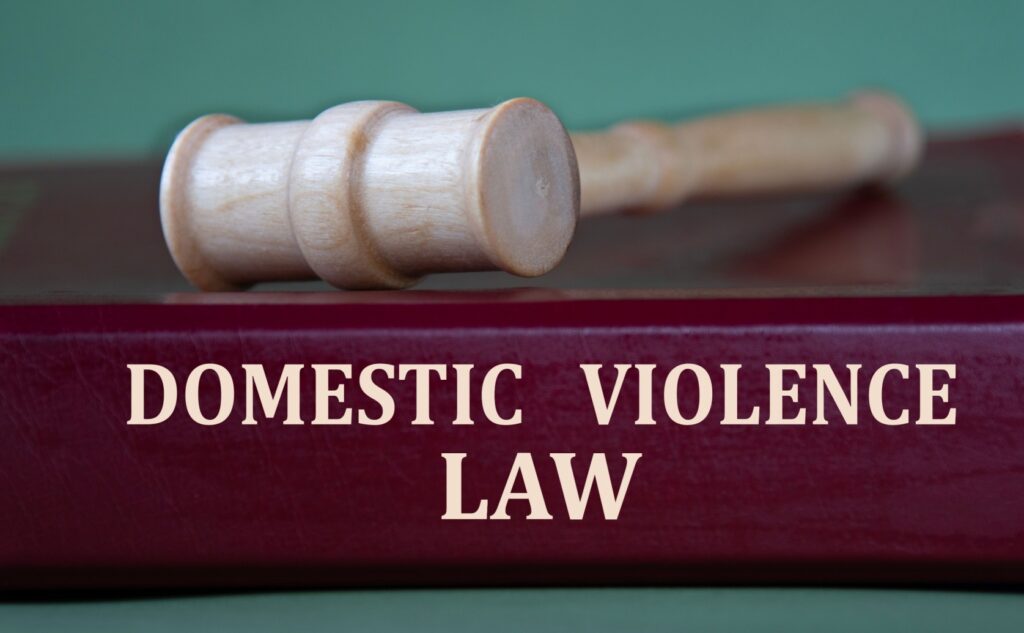Common Myths About Assault Charges in Texas
Many individuals hold misconceptions about assault charges, which can lead to confusion and misguided actions. Understanding these myths is crucial for anyone facing allegations, as it can significantly affect their approach to legal defense and the perception of their case.
For example, one common myth is that all assault charges are felonies; however, many are classified as misdemeanors depending on the circumstances. Additionally, some believe that a simple accusation is enough for a conviction, but actual evidence and legal procedures play a vital role in the judicial process.
Steps to Take After Being Charged with Assault
If you find yourself facing assault charges, knowing the immediate steps to take can help mitigate the consequences. Seeking legal counsel should be your first priority, as a qualified attorney can guide you through the complex legal landscape and help protect your rights.
Alongside hiring an attorney, it’s essential to avoid discussing the case with anyone other than your legal representative. Documenting your account of events while they are fresh in your memory can also be beneficial, as it provides a clear narrative that your attorney can use in your defense.
The Role of Victim Advocacy in Assault Cases
Victim advocacy plays a critical role in the legal process for assault cases, providing support and resources for victims navigating the aftermath of an assault. Understanding the available advocacy services can empower victims to make informed decisions about their legal options and emotional well-being.
In Texas, victim advocacy programs offer services such as counseling, legal assistance, and information about victims' rights. These programs can help victims understand the judicial process and provide them with the necessary tools to cope with the emotional impact of the assault.
Long-Term Consequences of Assault Convictions
Being convicted of assault can lead to severe long-term consequences that extend beyond the immediate legal penalties. Understanding these implications is crucial for anyone facing charges, as they can affect various aspects of life, including employment opportunities and personal relationships.
For instance, a criminal record can hinder job prospects, as many employers conduct background checks. Additionally, individuals may face challenges in securing housing or professional licenses, making it essential to consider the long-term ramifications of an assault conviction when navigating the legal process.








